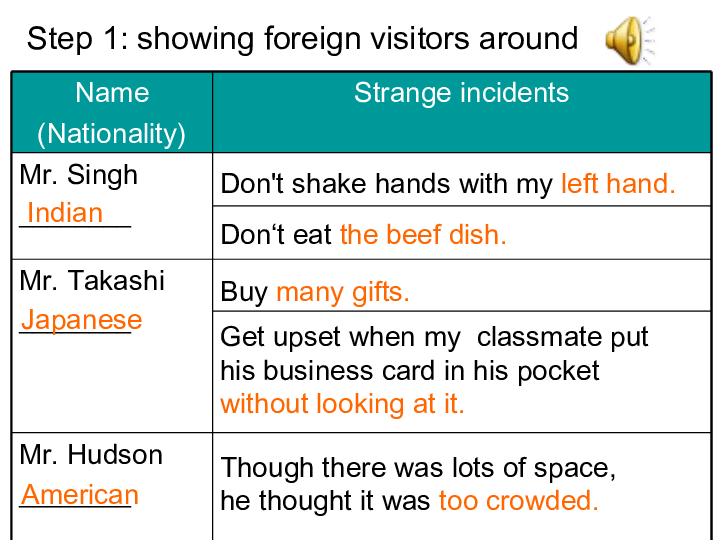Understanding What's a Conventional Loan: A Comprehensive Guide to Conventional Mortgages
---### What is a Conventional Loan?A conventional loan refers to a type of mortgage that is not backed or insured by any government agency. These loans are……
---
### What is a Conventional Loan?
A conventional loan refers to a type of mortgage that is not backed or insured by any government agency. These loans are typically offered by private lenders such as banks and credit unions. Conventional loans come in two forms: conforming and non-conforming. Conforming loans adhere to guidelines set by government-sponsored enterprises (GSEs) like Fannie Mae and Freddie Mac, while non-conforming loans do not meet these standards.
### How Does a Conventional Loan Work?
Conventional loans operate on the principle of borrowing money from a lender to purchase a home, which is then secured by the property itself. Borrowers are required to repay the loan amount plus interest over a specified period, usually 15 to 30 years. The interest rate on a conventional loan can be either fixed or adjustable. A fixed-rate loan maintains the same interest rate throughout the loan term, providing predictable monthly payments. Conversely, an adjustable-rate mortgage (ARM) may have a lower initial rate that changes after a set period, which can lead to fluctuating payments.
### Benefits of Conventional Loans
One of the main advantages of conventional loans is their flexibility. Borrowers can often choose from various loan amounts, terms, and interest rates. Additionally, conventional loans may allow for larger loan amounts compared to government-backed loans, making them an attractive option for homebuyers looking to purchase higher-priced properties.

Another benefit is that conventional loans may not require private mortgage insurance (PMI) if the borrower can provide a down payment of at least 20%. This can lead to significant savings over time, as PMI can add to monthly payments.
### Eligibility Requirements for Conventional Loans
To qualify for a conventional loan, borrowers typically need to meet certain criteria, including:
- **Credit Score:** Most lenders require a minimum credit score of around 620, although higher scores can lead to better interest rates.
- **Debt-to-Income Ratio:** Borrowers should ideally have a debt-to-income (DTI) ratio of 43% or lower, which means that no more than 43% of their gross monthly income goes toward debt payments.
- **Down Payment:** Conventional loans generally require a down payment of at least 3% to 5%, but a larger down payment can improve the loan terms and eliminate PMI.

- **Employment History:** Lenders prefer borrowers with a stable employment history, typically requiring at least two years in the same job or industry.
### Types of Conventional Loans
There are various types of conventional loans, including:
- **Fixed-Rate Mortgages:** These loans have a constant interest rate and monthly payments that remain the same throughout the loan term.
- **Adjustable-Rate Mortgages (ARMs):** These loans have an interest rate that may change periodically based on market conditions, which can lead to lower initial payments but potential increases over time.
- **Conforming Loans:** These loans meet the specific guidelines set by Fannie Mae and Freddie Mac, making them eligible for purchase by these entities.

- **Non-Conforming Loans:** These loans do not meet the GSE guidelines and may be offered by private lenders with different terms.
### Conclusion
In summary, understanding what's a conventional loan is crucial for anyone looking to buy a home. Conventional loans offer a variety of options and flexibility, making them suitable for many borrowers. However, it's essential to evaluate personal financial situations, compare loan terms, and consult with lenders to determine the best mortgage option. Whether you are a first-time homebuyer or looking to refinance, conventional loans can be a viable path to homeownership.